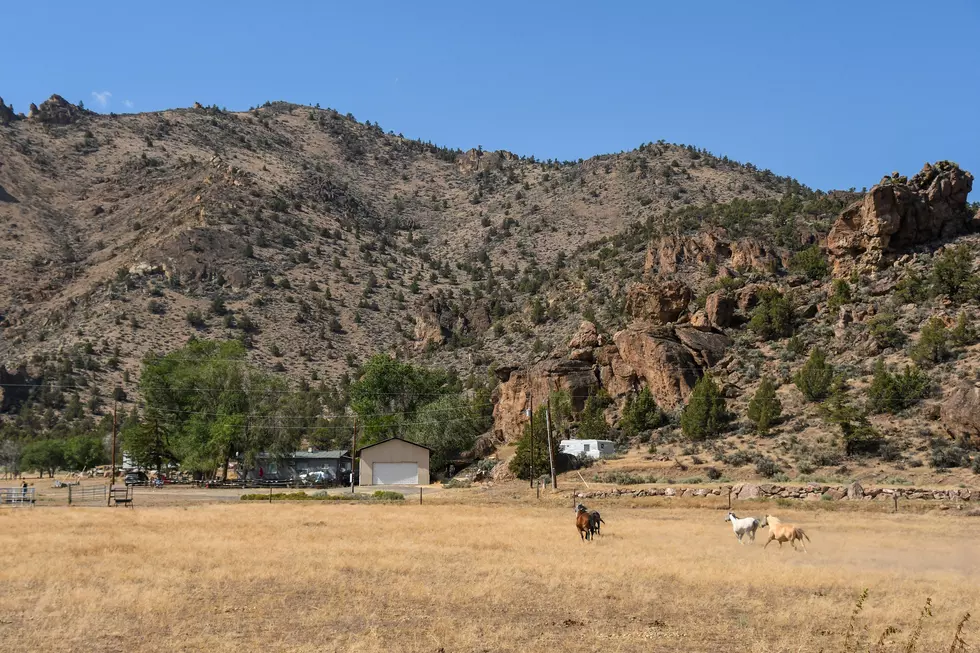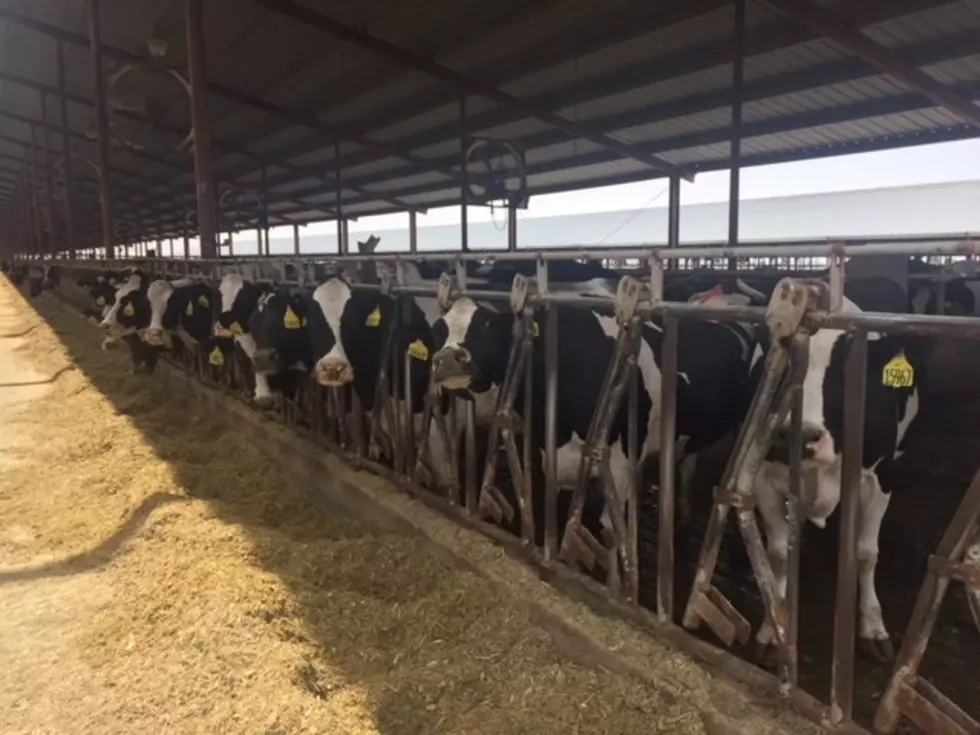
Ag Lending And Climate Risk
The U.S. agricultural lending sector has not proactively assessed its climate risk, according to a new report by Environmental Defense Fund, Financing Resilient Agriculture: How Agricultural Lenders Can Reduce Climate Risk and Help Farmers Build Resilience.
Maggie Monast, EDF Director of Working Lands, said the report shows how agriculture lenders are impacted by climate change, and how they can help farmers manage those risks.
“This report is for agricultural lenders, and it focuses on the risks of climate change to both farmers and their lender partners, and then also on the opportunity for farmers to build resilience, and what lenders can do to support farmers in improving resilience and their financial stability overall.”
She added farmers face many challenges stemming from climate change.
“Farmers face risks from climate change, that includes both extreme weather events like we've seen recently, but also just increased variability in temperature and rainfall, that also impacts their lenders, and while crop insurance is an important shock absorber. It doesn't make farmers whole, plus many farmers are not covered. So, ultimately lenders are also at risk as farmers most important financial partners.”
The report highlights the different practices farmers can use to build resilience on their farms.
“Building soil health, improved water management, and also crop diversification, and many well-known conservation practices like no till and cover crops both improve resilience and also offer other important environmental and financial benefits. EDF and many other organizations are working to quantify the farm financial benefits of conservation practices that boost resilience," Monast added. "These analyses show that there can be reduced production costs increase yield resilience to variable weather diversified revenue sources and improving or maintaining the value of that land, but often it takes several, and the transition can be challenging, especially in really tough economic times.”
Monast said that as close financial partners to farmers, agricultural lenders have an important role to play in supporting farmers to build resilience.
“Ultimately, this will benefit the financial stability of both farmers and lenders, and while lenders cannot promote specific practices, they can develop programs and products that support farmers through the transition to more resilient farming practices, and they can also participate in the quantification of those benefits. Ultimately, the goal is to accurately reflect the financial value of agricultural resilience in credit ratings.”
She continued the report includes three main recommendations for better aligning loan offerings with the financial attributes of conservation practices to remove barriers to adoption for farmers.
“The first is for agricultural lenders to assess their climate risk at the lending institution level. The second is for lenders to understand locally relevant climate projections and resilience strategies and participate in quantifying the financial benefits of those resilience strategies, as well as the challenges that farmers may face in transitioning to those practices. And then the third is for lenders to develop new programs or products that support farmers in adopting more resilient farming practices.”
Click Here to learn more or to read the entire report.
If you have a story idea for the PNW Ag Network, call (509) 547-1618, or e-mail gvaagen@cherrycreekmedia.com
More From PNW Ag Network









